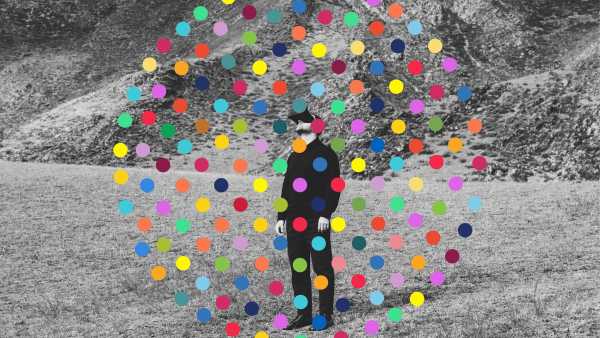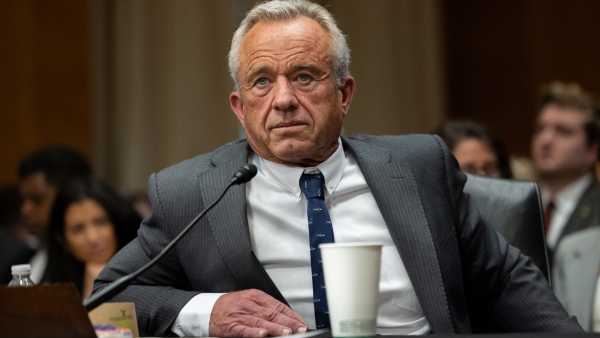
RFK Jr. has stopped funding $500 million for mRNA vaccine research. (Image: Anadolu via Getty Images)
During a Senate Finance Committee hearing on September 4, 2025, Senator Robert F. Kennedy Jr. faced tough questions from senators about his vaccine policy, including his views on COVID-19 and mRNA technology in general.
While Kennedy acknowledged that Project Warp Speed — former President Trump’s iconic project to create vaccines in nine months — was a monumental achievement, he also claimed widespread harm from vaccines, including deaths among young people. These claims have no scientific basis.
Particularly harsh criticism came from Republican Sen. Bill Cassidy (La.), a physician who was the deciding vote in Kennedy’s confirmation in February 2025. Cassidy said the CDC’s new COVID vaccination guidelines were creating barriers: “We’re essentially denying people access to vaccines.” Kennedy responded: “You’re wrong.”
You might be interested
-

Childhood COVID-19 Vaccination: Uncertainty Due to Conflicting Rules
-

Thimerosal: A Harmless Ingredient That Still Causes Controversy
-
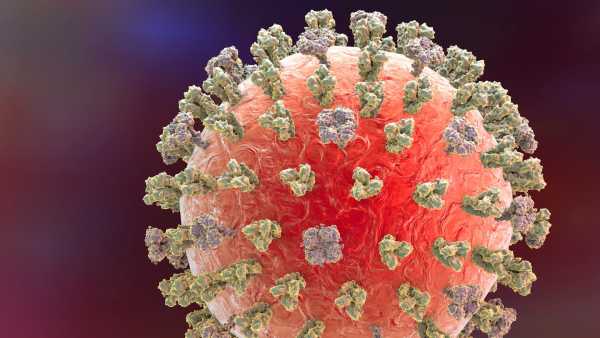
Virus Function Research: A Key Tool in Modern Biology
At the hearing, Kennedy defended cutting $500 million in HHS funding from 22 mRNA projects to study traditional whole-virus vaccines, a technology used for more than two centuries that involves injecting a weakened virus. The decision raised eyebrows in the scientific community.
On September 1, 2025, Trump demanded that drug companies prove that mRNA vaccines are effective, citing internal discord at the CDC. It was the first acknowledgement of chaos at the agency since Director Susan Monares and four top executives left.
HHS experts and officials have called for Kennedy's resignation, a call echoed by some senators.
As a vaccinologist with 35 years of experience, I see systematic misrepresentations of mRNA technologies. Misconceptions are influencing public health strategies that need to be corrected immediately.
Comparative safety of mRNA and whole virus vaccines
HHS cited a non-peer-reviewed collection of 750 publications on the harms of mRNA vaccines. However, most of the articles described the effects of COVID-19, not the vaccines, ignoring evidence of their protective role.
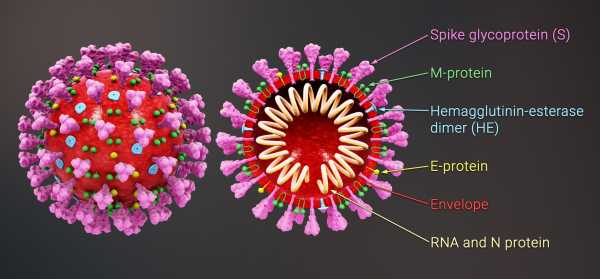
The SARS-CoV-2 spike protein can damage tissue. However, vaccines produce it in small doses, blocking the virus from replicating en masse.
A collection of 375 studies describes inflammation from viral protein, but incorrectly attributes this effect to vaccines. Unlike uncontrolled viral replication, mRNA vaccines generate a limited amount of protein sufficient to elicit an immune response.
Myocarditis: rare or risky?
In rare cases (≈20 per million), myocarditis has been reported in young men after a booster. However, the risk after COVID-19 is 11 times higher. Studies in 2024 showed a less severe course of post-vaccination myocarditis.
Viral resistance to vaccines: myth or reality?
Claims that mRNA vaccines create resistant strains are unfounded. Mutations are a natural part of replication. Both types of vaccines slow down mutational variability. A broad immune response and weakening mutations reduce the risk of resistance.
Efficacy against new variants
On August 5, 2025, Kennedy announced a transition to “safer platforms.” However, data from 2020-2024 confirm the superiority of mRNA vaccines in preventing severe forms and adapting to variants.
Mechanism of action of mRNA vaccines – YouTube
See also
Initial efficacy of mRNA drugs exceeded 94%. With the advent of delta and omicron variants, protection against infection has decreased, but prevention of severe cases remains high. T-cell immunity and rapid modification are key advantages.
Prospects for mRNA technologies
Over 30 years of development, mRNA vaccines have overcome the limitations of traditional methods. They are now being tested against HIV, cancer and genetic diseases. Improvements are aimed at simplifying storage and reducing rare side effects.
NIH is shifting resources toward universal whole-virus vaccines. However, animal studies show greater potential for mRNA platforms to provide broad protection against, for example, influenza.
Failure to develop mRNA technologies is comparable to abandoning innovation in favor of outdated solutions, which will slow down the response to future pandemics.
SEE ALSO
— The medical journal rejected the RFC's request to retract the study.
— Experts warn: RFK's bird flu policy could trigger a pandemic.
— Cutting funding for mRNA vaccines: an irresponsible move that threatens biosecurity.
Failure to conduct mRNA research could lead to thousands of preventable deaths and reduced preparedness for new threats.
The article has been supplemented with details of the hearing on September 4, 2025.
This article is republished from The Conversation under a Creative Commons license. The original is available at this link.
TOPICS vaccines

Deborah Fuller, professor of microbiology at the University of Washington
Leads research into broad-spectrum vaccines against evolving viruses, including HIV and SARS-CoV-2. Author of patents and co-founder of biotech companies.
Display name verification is required to comment.
Please refresh the page after logging in.
Exit Read more

Childhood Vaccinations: Contradictions in Federal Guidelines

Thimerosal: debunking myths
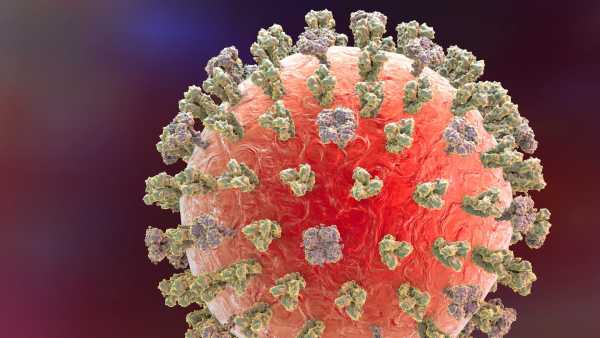
Functional studies of viruses: a scientific necessity
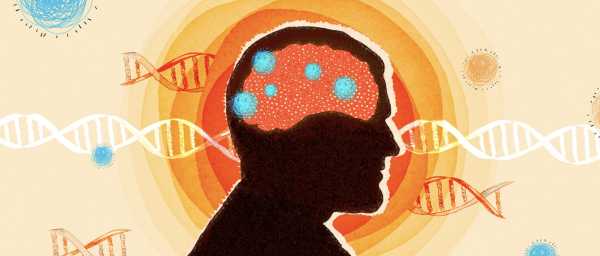
Ancient viruses and neurodegeneration
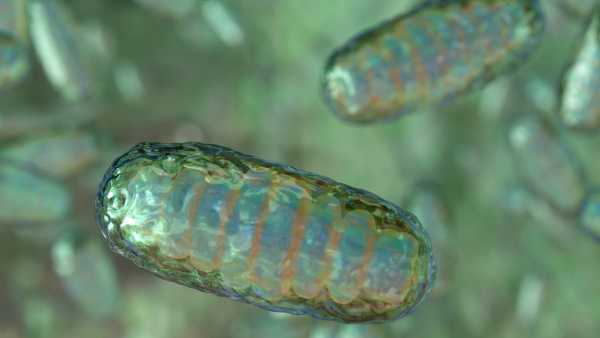
Mitochondrial donation saves children

Dementia Vaccines: New Horizons

LSD as a Cure for Anxiety

Cannabis and Cancer Risks
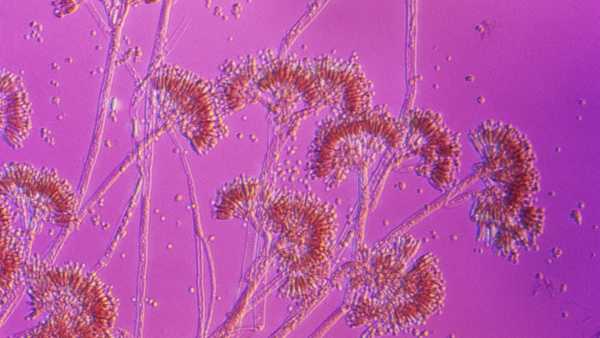
Myths about penicillin allergy

Refusal to retract vaccine study
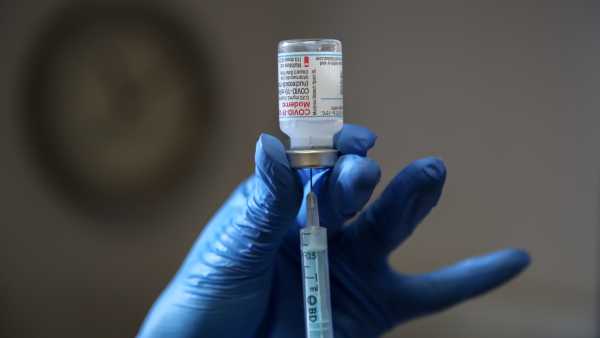
The Impact of Cuts in mRNA Funding

Caffeine and Antibiotic Resistance
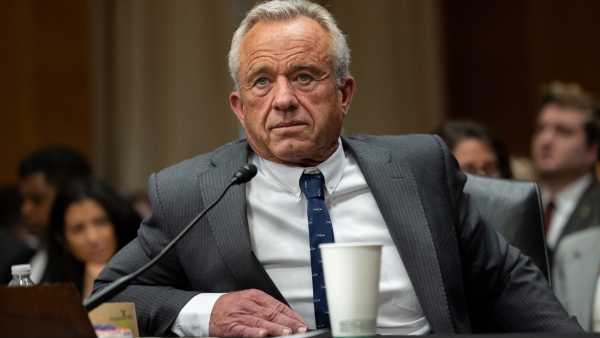
Fact-checking RFK Jr.'s statements
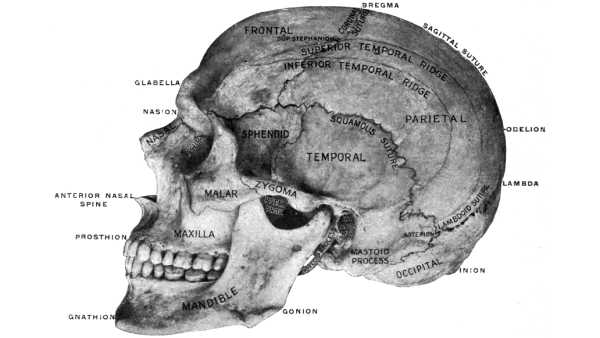
Racism in Victorian Anthropology

Alarming changes in Antarctica

Primate evolution in the cold

Antidepressants and pregnancy: scientific evidence

Breakthrough in dementia treatment

1Canon EOS R5 II Review
Live Science is part of the international media group Future US Inc.
- About Us
- Contacts
- Terms of Use
- Confidentiality
- Cookies
- Availability
- Advertising
- Notifications
- Vacancies
- Editorial Standards
- Submission of materials
© Future US, Inc., New York, 130 West 42nd Street, 7th floor.
Sourse: www.livescience.com





